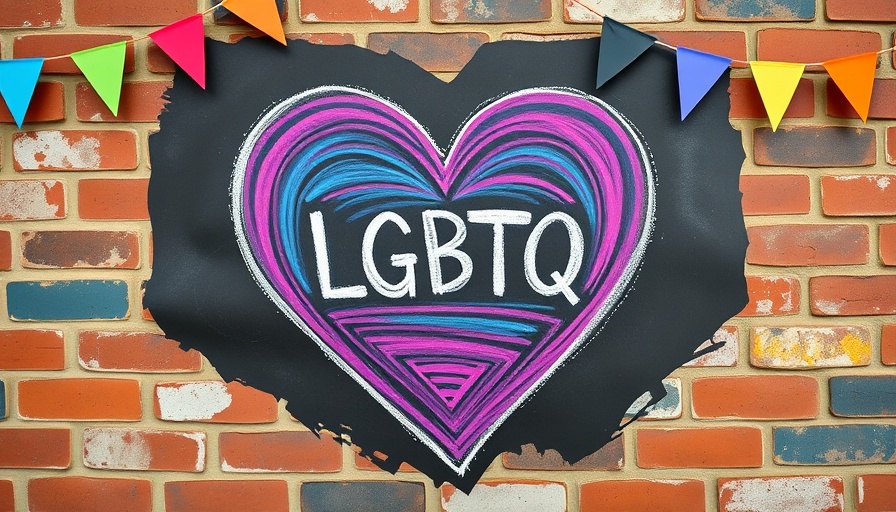
Amherst Guidance Counselor's Return Sparks Controversy
In a surprising turn of events, Delinda Dykes, a guidance counselor at Amherst Regional Middle School, was recently reinstated after controversy erupted over allegations of misgendering students. This situation has raised significant questions about the treatment of transgender students and the broader implications of educational practices in Massachusetts.
What Led to the Controversy?
Dykes was initially dismissed following an exposé by student journalists that claimed she, along with another counselor, had repeatedly misgendered transgender students and failed to adequately support those facing bullying. The student-run newspaper, The Graphic, uncovered these serious allegations, which included shocking statements made by Dykes during private sessions.
Despite the serious nature of these claims, an arbitrator determined that the school district did not provide sufficient evidence to justify Dykes’s termination. This decision has polarized the community, with strong reactions emerging from both supporters and detractors of Dykes.
The Role of Community Reaction
The reinstatement has not come without backlash. Many parents and students voiced their discontent through protests and public comments, reflecting deep-seated concerns about the safety and well-being of LGBTQ+ students within the school's environment. This underscores a critical dialogue about how educational institutions handle matters of gender identity and inclusivity.
Future Implications for School Policies
As the reinstatement of Delinda Dykes unfolds, it signals a potential re-evaluation of policies surrounding gender identity and teacher-student relationships in schools. The case has highlighted the delicate balance educational institutions must maintain while promoting a safe and inclusive environment for all students.
Why This Matters
The situation draws attention not only to individual cases of misgendering but also to systemic issues regarding how schools support LGBTQ+ youth. The dialogue it has generated is vital as communities navigate an increasingly complex landscape of gender identity in education. As other districts observe the fallout and community response, it will undoubtedly influence future policy decisions.
For those interested in how local educational policies evolve in response to community needs and social justice issues, Dykes's case serves as an essential example of the ongoing challenges schools face today. The outcomes could set important precedents for how such cases are handled in the future.
 Add Row
Add Row  Add
Add 




Write A Comment